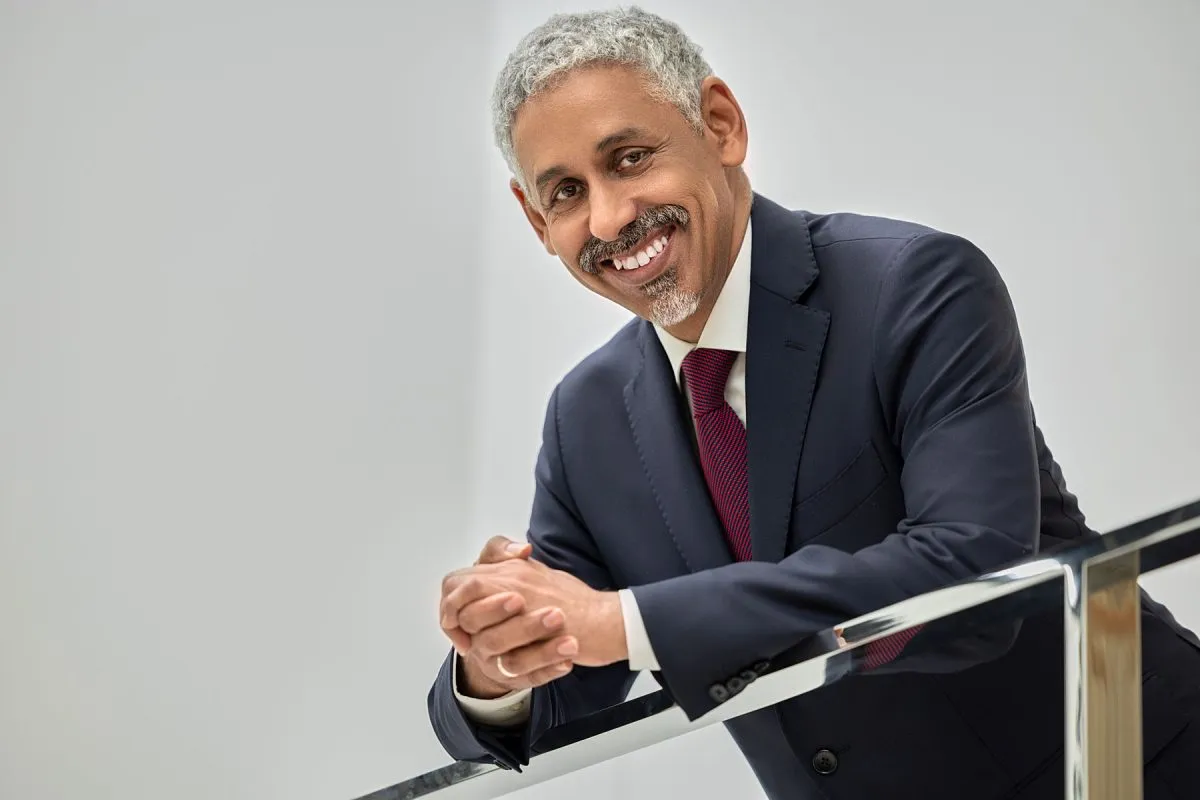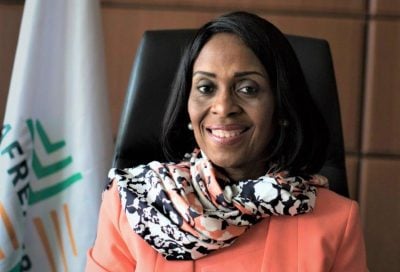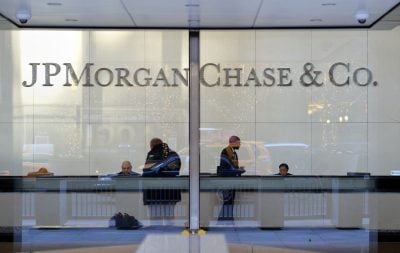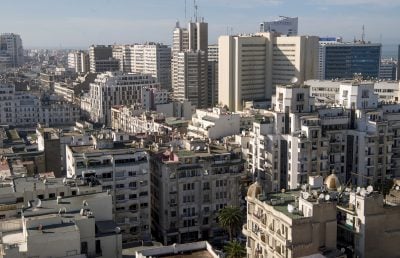Sidi Ould Tah has been a player in the top tier of African finance for some time now. For a decade, until April, he led the $20bn Arab Bank for Development in Africa (BADEA), having previously served as minister of economy and finance as well as minister of economic affairs and development in his native Mauritania. Now, as Akinwumi Adesina’s second and final tenure comes to an end, Tah has joined the list of contestants for the presidency of the African Development Bank (AfDB) as it chooses a successor on 29 May.
For Tah, the role offers a unique opportunity to shape the future of the continent through the transformational power of the Bank. “It’s about improving lives and livelihoods, and making dreams a reality,” he tells African Business.
The AfDB, with a capital base of over $200bn and Triple A rating, is capable of rallying global partners behind Africa’s development agenda, Tah observes. To him, this is not only a responsibility but a powerful incentive – particularly when it comes to empowering Africa’s youth through job creation. “The potential is there, and for those of us who want to help transform the continent, the Bank is an incredibly powerful platform with which to do so,” he says.
As he contemplates the issues that could potentially be in his in-tray, Tah’s assessment is that the liquidity crunch, rising debt levels and the need for large scale financing require the most urgent attention. “This is an equation that needs solving. On one hand, countries are grappling with high debt and limited liquidity, especially during times of crisis. On the other, development needs are massive and growing.” Tah believes the AfDB is uniquely positioned to help solve that equation, if only it can step more boldly into its leadership role.
The Bank, he says, needs to scale up its operations, streamline its interventions, and promote reforms across Africa’s fragmented financial architecture. “If you compare Africa’s institutional ecosystem to other regions, you see a lack of synergy between major players,” he says in reference to the African Finance Corporation, African Export-Import Bank (Afreximbank) and the host of other regional development financial institutions with a similar mission to AfDB’s. “There’s a real opportunity for the AfDB to provide the leadership that brings these institutions together under a shared vision.”
Tah, a polyglot able to hold his own in Arabic, French, English, Spanish and Portuguese, insists that the Bank can be a continental leader with the legitimacy and convening power to coordinate development efforts, as well as a catalyst, supporting and amplifying the impact of other financial institutions. Tah also sees untapped potential in mobilising domestic resources – pension funds, sovereign wealth funds, and insurance capital – and channelling them into transformative development. “AfDB should be the leader – that is its very mandate. But it also must act as a catalyst by crowding in regional development banks, sovereign and pension funds, and international institutional investors. I don’t think that we are in a situation where the bank has exploited all the potential it has there. We need innovative solutions and the AfDB can be the platform to orchestrate them.”
Scale up and speed up
Tah acknowledges that while significant strides have been made under the Bank’s current leadership, including, notably, a significant boost in its capital base, Africa’s needs remain vastly underfunded. The AfDB currently disburses between $8bn and $10bn a year, a figure that is dwarfed by the continent’s annual infrastructure financing gap, which he estimates conservatively at $100bn.
“In comparative terms, the AfDB’s balance sheet remains modest – particularly when you look at its peers like the Asian Development Bank or the Inter-American Development Bank,” he notes. With paid-in capital at just $12bn, Tah believes the time is ripe to explore new instruments such as hybrid capital and synthetic financing to boost the Bank’s lending capacity.
It’s not just about size, however; it’s also about speed. “Agility is a real issue,” Tah notes. “The project cycle at the Bank can be slow, and by the time a project is approved, conditions on the ground may have changed, governments may even have changed for example.”
That lag can undermine the effectiveness and relevance of interventions. In response to this, he is advocating an overhaul of the Bank’s operational model, including the streamlining of disbursement processes and a re-engineering of the project cycle.
“We need to shorten timelines without compromising integrity. Departments must work in parallel, not sequentially – and today’s IT solutions make that entirely feasible,” he proposes, adding, for good measure, that “the Bank needs to be more responsive, more agile, and needs to scale up its operations.”
Of course, whoever takes over at the AfDB will find themselves at the mercy of exogenous variables, with the global financial and trade system, never really a friend to the continent, under severe threat of disruption. Tah, however, places his faith in a united approach from the continent as a means of responding to the crises. “The Bank needs to work more with its partners, not only on the continent, but also globally, to bring solutions,” he says. “Short-term challenges and long-term transformation require different tools. By strengthening its partnerships, the Bank can better respond to both.”
Get investors involved
Tah is also keen to fully involve and utilise the private sector as an ally in Africa’s development agenda. With public sector fiscal space constrained by high debt and limited resources, development of critical infrastructure and productive sectors must increasingly fall to the private sector.
“Unless we unlock the private sector, we won’t be able to advance the African Continental Free Trade Area or meet the goals of Agenda 2063,” he cautions. “The Bank must help create a conducive environment by removing the obstacles that hinder private sector development and foreign direct investment,” he says, noting how private sector investment helped transform countries in Asia and South America.
“We need to encourage foreign direct investment within the continent to first fill the gap; and to create jobs for the youth and for women in the continent.”
This is critical, he says, because of the continent’s unique demography.
“One in four people in the world will be African within the next 25 years. Around 70% of our population will be youth.”
Without immediate, targeted action to create opportunities, Tah says the continent could have a looming crisis. “We are already dealing with unemployment as a root cause of insecurity, terrorism and irregular migration. If population growth continues without solutions, the consequences – both for Africa and for global stability – will be profound.”
Another area of concern for Tah is the state of the continent’s micro, small and medium sized enterprises. Despite being at the receiving end of much lip service, these micro, small and medium enterprises (MSMEs), which account for between 80% and 90% of the continent’s economic activity, remain in a parlous state, hampered by among other factors, lack of access to finance.
Micro-enterprise gap
“Only around 20% of SMEs in Africa have access to credit,” Tah notes, “and the situation is even worse for micro-enterprises, many of which operate informally and are completely shut out of the financial system.”
Changing this state of affairs, Tah argues, will require a dual strategy: improving access to financing and boosting the capacity of these businesses to access that credit.
“They need access to credit as well as capacity development to help them run their businesses – to develop business plans; to have some sort of financial statements; and also to have legal advisory services.”
Along with that, he says, should come a guarantee system that enables African SMEs to access commercial loans. Currently, however, the guarantee systems on the continent are fragmented and Tah wants to consolidate and coordinate them for better effect.
“There is a need to redefine and reorganise the guarantee mechanism. Right now, you have duplication in some countries and a lack of guarantees in others. For instance, the AGF (African Guarantee Fund) and FAGACE [the African Guarantee and Economic Cooperation Fund] are providing the same services in some countries, while many other countries in other regions do not have access to any type of guarantee.”
Deploying his experience
For capital itself, Tah cites the Arab Coordination Group (ACG) as a likely blueprint for the AfDB can build on, pointing to collaboration between his recent bank, BADEA (an ACG member), and West Africa’s Banque Ouest Africaine de Développement (BOAD) to enhance the latter’s capital base as a model that could be replicated more broadly.
“If we bring not just BADEA, but the entire Arab Coordination Group to the table,” he argues, “we can do this at scale. [BADEA is] already working with Institutions like Shelter Afrique and the Trade and Development Bank to strengthen their capital base and if we bring the Arab Coordination Group on board, we can do it for more institutions”
Capital and coordination alone are not enough, however. Tah stresses that the continent must also harness the power of the “fourth industrial revolution” – namely artificial intelligence and blockchain technologies – to leapfrog development and bring transformative change. In particular, he sees great promise in deploying AI-driven solutions to revolutionise access to finance for the underserved.
“We are working currently on a pilot operation which will enable micro finance institutions to get a response to credit requests in 15 to 20 minutes without any guarantees, just using information gathered from [borrowers’] utility bills, from their behaviour, telecommunication consumption and others,” he reveals, adding that “the promise of AI and blockchain for the continent is quite substantial and we do believe that we can harness that to leapfrog”.
For proof of concept of his ideas, Tah points to his time at BADEA, where he says the bank achieved much of its successes under him due to its ability to foster meaningful partnerships across institutions.
Not only was he able to expand BADEA’s capital base, but was able to ensure that each dollar spent by the bank catalysed four more in additional investment. The bank’s annual approvals increased twelvefold over a decade, while disbursements grew by a factor of eight. The period also saw increasing co-financing between BADEA and African development finance institutions, culminating in a pledge at the 2023 Saudi-Arab-African Economic Conference in Riyadh, where the ACG committed $50bn to Africa, with BADEA playing a leading role in implementation.
The AfDB, he insists, holds the greatest potential to lead such collaborative strategies at scale. With its pan-African mandate, robust credit rating and established legitimacy, Tah sees the AfDB as uniquely positioned to galvanise actors across the public and private spectrum. “The convening power and mandate of the AfDB,” he observes, “give it a strong case to be the continent’s development leader.”
All this is necessary for a continent that Tah believes has tremendous potential, despite a perception problem that weighs on its development aspirations. That, too, is a problem he believes that AfDB must address, perhaps through a continental guarantee scheme that he is mooting.
“I believe it will be timely to establish a continental guarantee agency within the African Development Bank Group, which will help to provide not just a political risk guarantee, but also a commercial risk guarantee.” This would be more ambitious in scope than the World Bank’s Multilateral Investment Guarantee Agency, Tah is quick to clarify. “Political risk guarantees are important, but they are not enough,” he argues. “We need to go beyond that, and work with international insurers and reinsurers to craft innovative solutions that truly unlock capital for Africa.”
The first 100 days
If he does win, Tah, who says he favours a collaborative and inclusive approach to leadership, expects to spend the first few months listening and consulting.
The softly spoken Tah, for those who know him, is someone who likes to get things done. He has a strong team of advisors and, speaking to them, they insist his 100-day plan is one of action: of engagement but also implementation. They point to his track record of working well with the current ecosystem, including other development finance institutions as well as institutional investors, to enhance impact at scale. There will be a strong focus on overcoming current constraints and bottlenecks to enhance speed and efficiency.
He says the Bank ought to have a strong system of effective feedback management, and hints that there would be some internal reorganisation to make the 60-year-old institution more responsive to contemporary challenges. Tah remains cautiously optimistic about Africa’s trajectory. Despite the multiple shocks of recent years – from the global pandemic to geopolitical tensions – he believes the continent can regain and sustain momentum.
The key, in his view, is not to hope for a crisis-free future, but to prepare for difficulties.
“We need to strengthen the resilience of the continent and its ability to navigate difficult times. We must remain ambitious and perseverant. If in ten years, we can look back and see that the AfDB has become the trusted broker between African countries and international investors – coordinating efforts, reducing duplication, and structurally transforming how finance operates on the continent – that would be a legacy to be proud of.”
Want to continue reading? Subscribe today.
You've read all your free articles for this month! Subscribe now to enjoy full access to our content.
Digital Monthly
£8.00 / month
Receive full unlimited access to our articles, opinions, podcasts and more.
Digital Yearly
£70.00 / year
Our best value offer - save £26 and gain access to all of our digital content for an entire year!
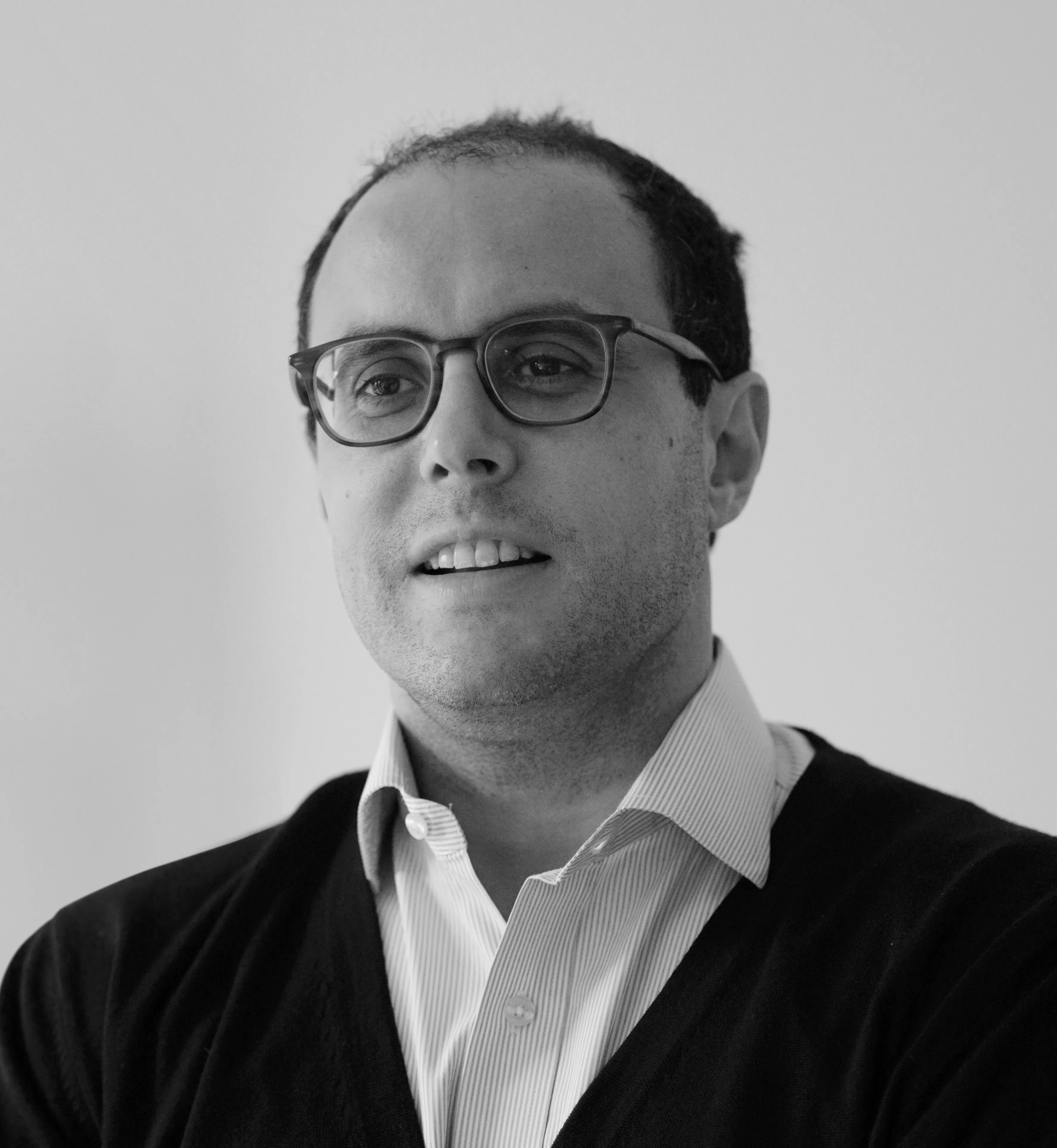
 Sign in with Google
Sign in with Google 